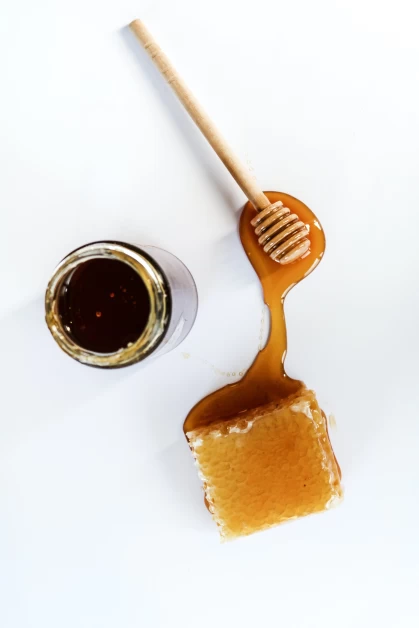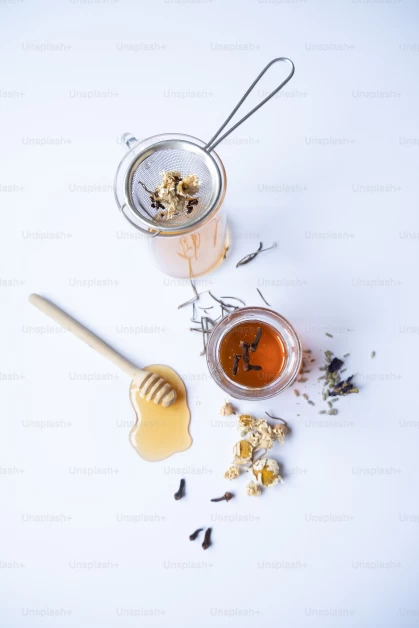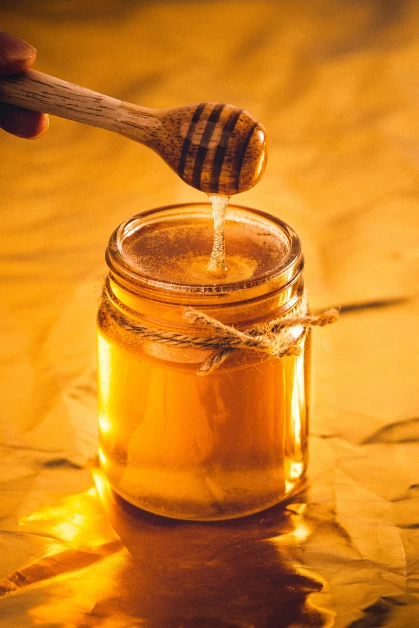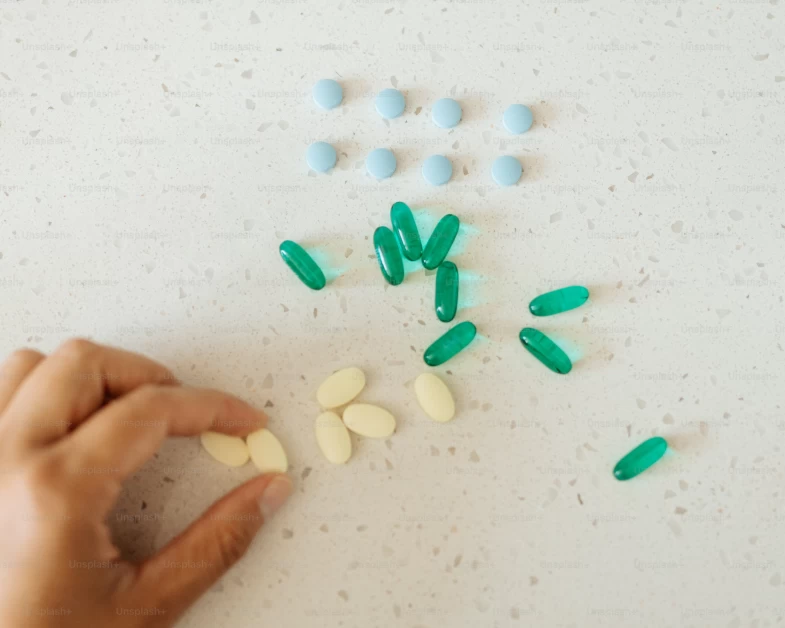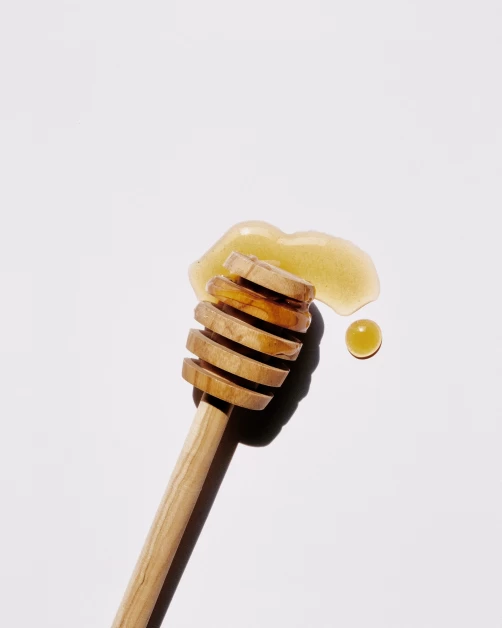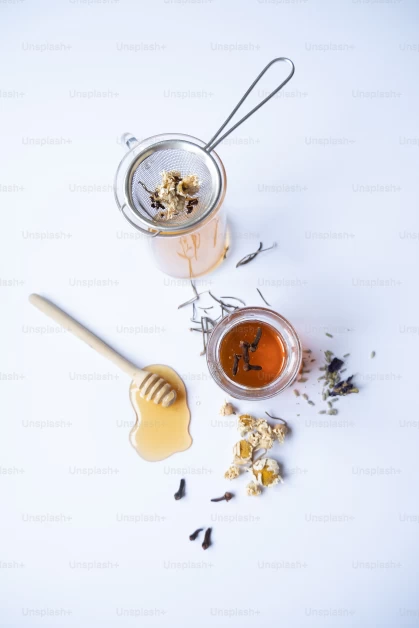Table of Contents
Introduction
Manuka honey is a natural energy source that offers numerous benefits beyond just providing a quick boost of energy. Unlike caffeine, which can cause withdrawals and fatigue when consumed in excess, and processed sugars, which often lead to a sugar crash, raw Manuka honey provides sustained energy and supports overall wellbeing.
In this article, we will explore the components of raw Manuka honey that make it an excellent natural energy source. We will discuss MGO (Methylglyoxal), antioxidants, prebiotics, glucose, and fructose, all of which contribute to the energy-boosting properties of Manuka honey. Additionally, we will provide creative ways to incorporate Manuka honey into your diet to maximize its benefits.
Components of Raw Manuka Honey
Raw Manuka honey contains several vital components that make it a powerful natural energy source. Let’s delve into the nutrients that make up this healthy and delicious indulgence.
MGO (Methylglyoxal)
MGO is an organic and naturally occurring nutrient found in Manuka honey. It is derived from the nectar of the Manuka tree and has potent antibacterial properties that promote overall wellbeing. Manuka honey with a high concentration of MGO is known for its immune-supporting properties.
Antioxidants
Manuka honey contains a key antioxidant called leptosperin. This active phytochemical contributes to Manuka honey’s high concentration of polyphenols and provides significant antioxidant benefits. Leptosperin is unique to Manuka honey, adding to its distinctive and rare nature.
Prebiotics
Manuka honey is rich in prebiotics, specifically oligosaccharides. These natural carbohydrates support the gut microbiome, which plays a crucial role in overall health. A healthy gut microbiome can positively impact energy levels, mood, and various other bodily functions.
Glucose
Glucose is the body’s main energy source. Carbohydrates are converted into glucose during digestion, providing fuel for biological processes. Raw honey naturally contains high levels of glucose, which helps maintain steady energy levels throughout the day.
Fructose
Fructose is another naturally occurring sugar found in raw honey. It is a source of energy that our bodies utilize. While fructose is commonly found in fruits, it is also a prominent component of raw honey. However, it is important to note that natural fructose found in honey is different from high fructose corn syrup, a processed sugar commonly used in snacks and beverages.
Incorporating Manuka Honey into Your Diet
Now that we understand the components of raw Manuka honey that make it an excellent natural energy source, let’s explore creative ways to incorporate it into your diet.
Supercharge Your Breakfast
Breakfast is the most important meal of the day, and starting your morning with a boost of energy is essential. Here are a few ways to add Manuka honey to your breakfast:
-
Drizzled Over Yogurt: Add a heaping teaspoon of raw Manuka honey to plain Greek yogurt. The natural fats and energizing carbohydrates in honey will provide a nourishing start to your day.
-
On Peanut Butter Toast: Spread natural peanut butter on a slice of whole-grain toast and drizzle Manuka honey on top. This combination of healthy fats, carbs, and protein will give you a much-needed energy boost.
-
Stirred Into Tea or Coffee: Instead of adding processed creamers full of sugars and additives to your tea or coffee, try a spoonful of Manuka honey. It will add a creamy and rich flavor without compromising your health.
Use Manuka Honey as a Natural Sugar Alternative for Energy
If you’re looking for a healthier alternative to processed sugars, Manuka honey is an excellent choice. Here are a couple of ways to use Manuka honey instead of refined sugar:
-
Ice Cream Topping: Instead of using heavily processed caramel or chocolate syrup, drizzle a spoonful of raw honey over your ice cream. The thick consistency and rich taste of Manuka honey make it a delicious and nutritious alternative.
-
Straight From the Spoon: Instead of indulging in sugary premade desserts, enjoy a spoonful of Manuka honey. It is a natural and healthy alternative that won’t leave you feeling sluggish.
Conclusion
Raw Manuka honey is a powerful natural energy source that offers numerous health benefits. Its components, including MGO, antioxidants, prebiotics, glucose, and fructose, contribute to sustained energy levels and overall wellbeing. By incorporating Manuka honey into your diet, you can enjoy a steady release of energy without the spikes and crashes associated with processed sugars.
If you’re looking for a natural and nutritious energy source, consider trying Manuka honey. Explore the different options available and experience the benefits of Manuka honey, known as “Honey With Superpowers™.”
FAQs
1. Does consuming honey give you energy?
Yes, honey is a great source of carbohydrates, specifically glucose and fructose, which the body uses for energy. Its natural sugars provide a slow release of energy, preventing the spikes and crashes often associated with refined sugars.
2. Why is honey considered one of the best natural sources of energy?
Honey is a rich source of natural sugars like glucose and fructose, which are primary sources of energy for the body. Additionally, raw honey like Manuka honey also contains unique antioxidants and prebiotic and antibacterial nutrients called methylglyoxal (MGO), which can support overall wellbeing and energy levels.
3. How can Manuka honey enhance my energy levels?
Manuka honey is a rich source of MGO (Methylglyoxal), antioxidants, and prebiotics that support overall wellness and contribute to sustained energy levels. Consuming Manuka honey, especially in the morning or before workouts, can provide a steady and natural energy boost.
4. Is honey a good substitute for sugar when I need an energy boost?
Absolutely! Honey, particularly Manuka honey, is a fantastic alternative to processed sugars. It not only provides a steady release of energy but also offers additional health benefits, thanks to its rich nutrient profile. It can be incorporated into various dishes and drinks for a natural energy boost.
Sources:
- Antibacterial activity of Manuka honey and its components: An overview | PMC
- The sweet danger of sugar | Harvard Health
- Honey and Diabetes: The Importance of Natural Simple Sugars in Diet for Preventing and Treating Different Type of Diabetes | PMC
